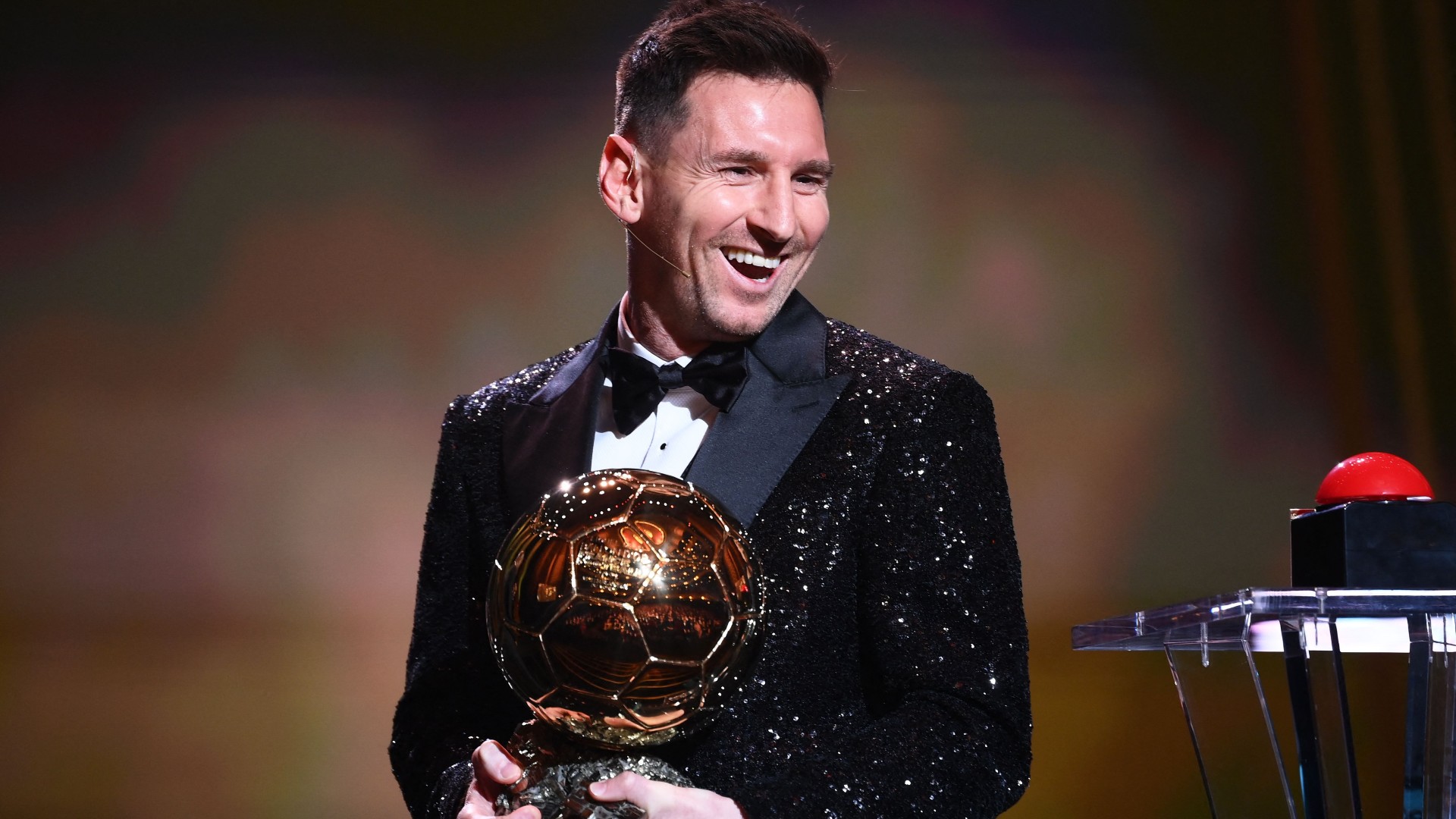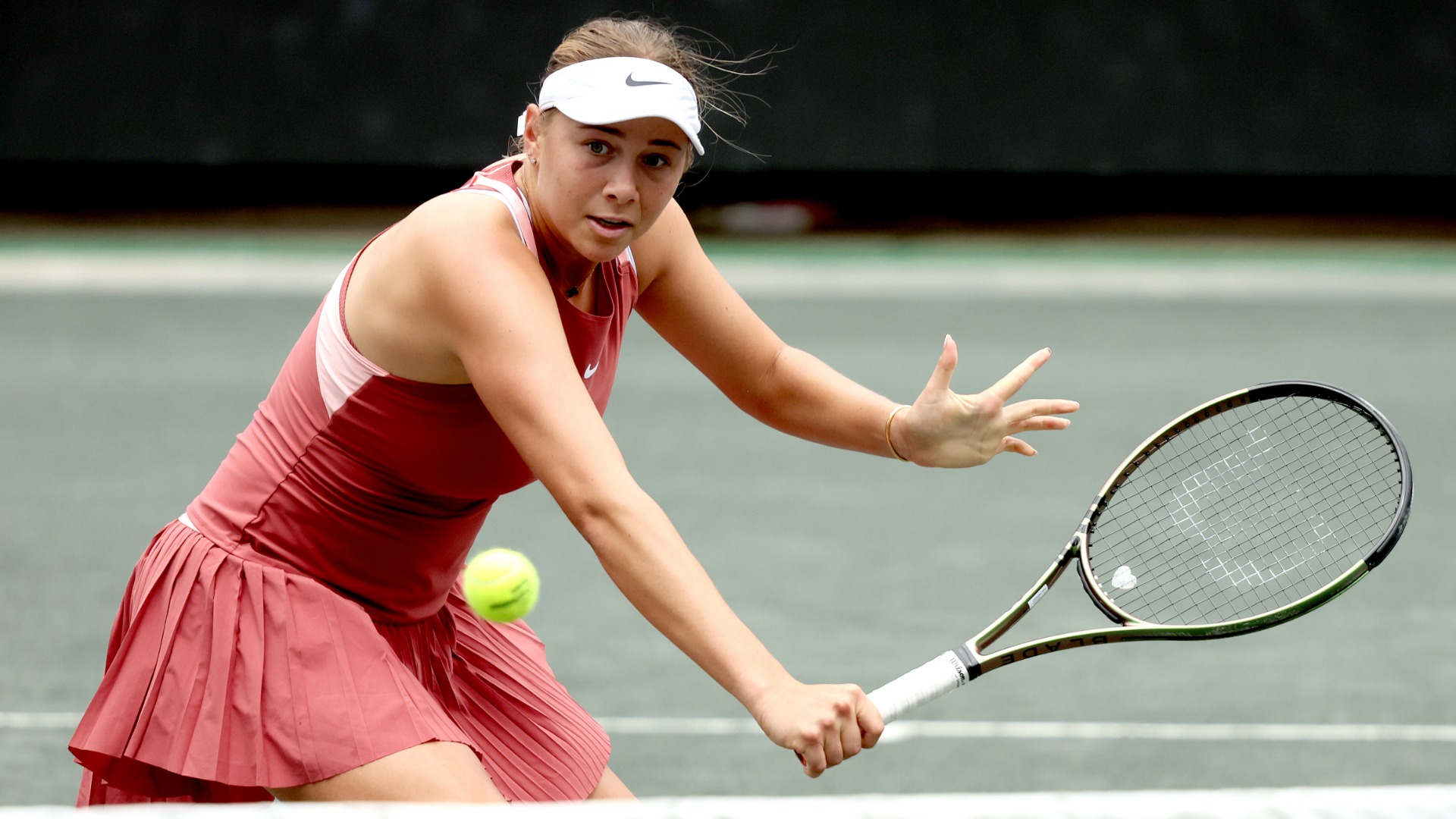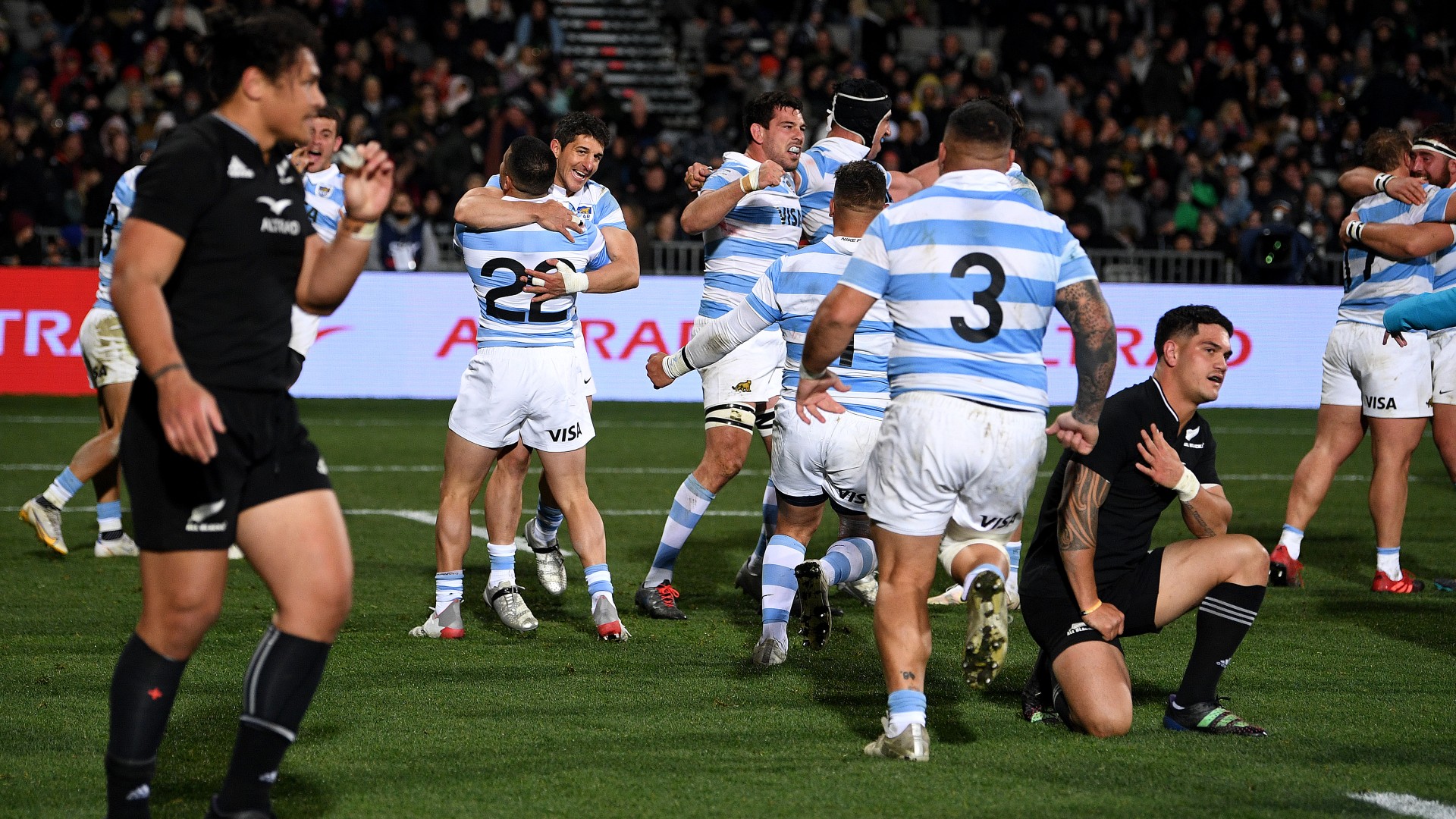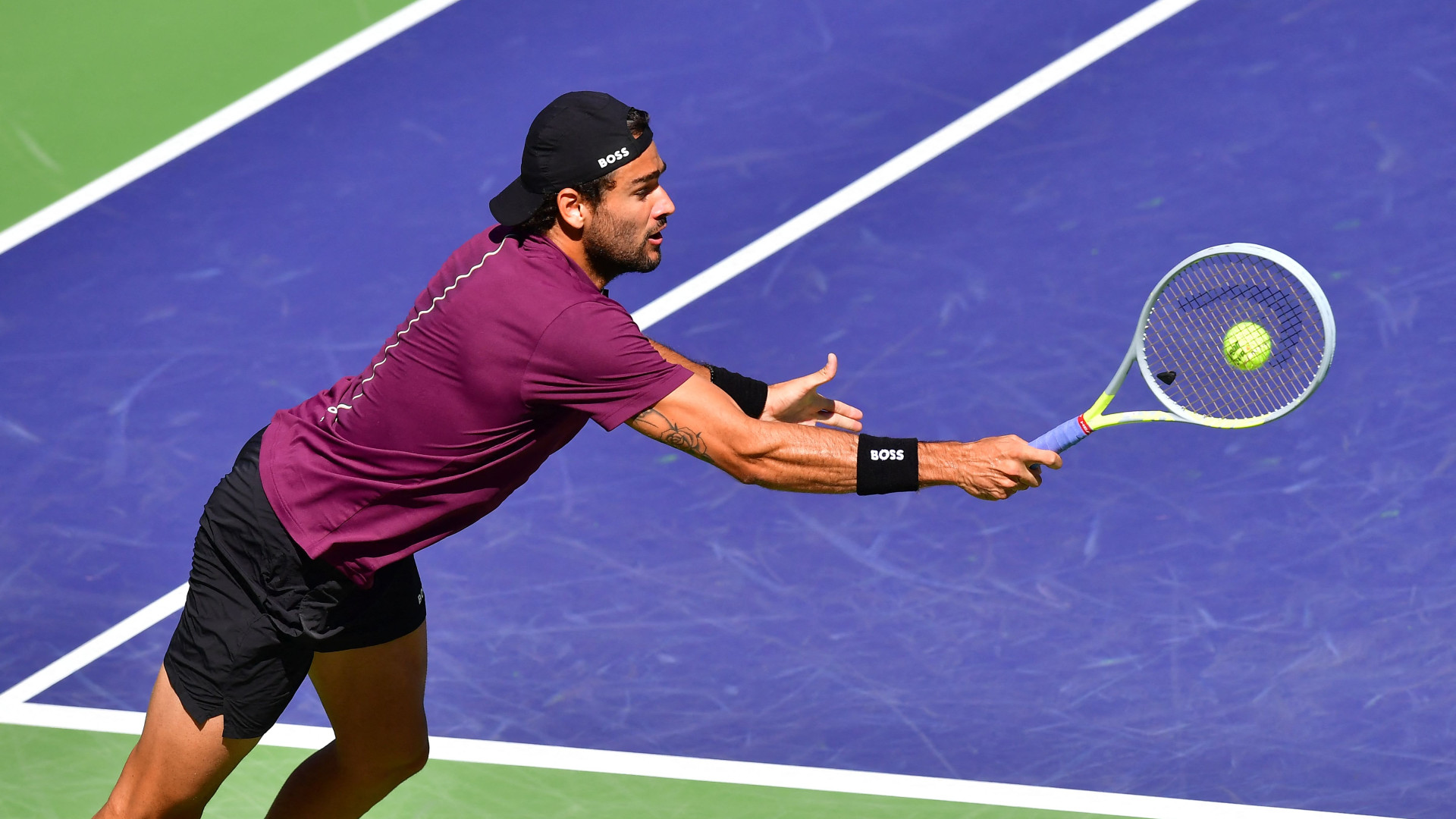
The Ballon d’Or voting process will undergo a number of reforms ahead of the next ceremony, it was announced on Friday.
France Football editor-in-chief Pascal Ferre confirmed in L’Equipe there will be a number of changes, with the most notable being an alignment with the European club season, as opposed to the traditional calendar year awards.
While there was little debate regarding Alexia Putellas’ win in the Ballon d’Or Femenin, Lionel Messi controversially won for a record seventh time in 2021, ahead of Robert Lewandowski and Mohamed Salah.
Messi’s performances with Argentina in their Copa America triumph propelled him to that win, despite – in the eyes of many voters – Lewandowski and Salah having stronger years on the whole.
As a result of the changes, though, performances from the 2022 World Cup in November will be taken into account for the 2023 award. Meanwhile, the 2023 Women’s World Cup aligns with the 2024 award.
Secondly, given the Ballon d’Or voting jury has drastically expanded from the initial 16 in 1956 to 2021’s 170, the jury for the men’s trophy will be limited to representatives from countries in the top 100 of FIFA rankings, and 50 for the women’s award.
On top of that change to the body of jurors, Ballon d’Or ambassador Didier Drogba is among those who will now help to compile a shortlist of nominees.
While voting criteria in the Ballon d’Or has always been deeply subjective, France Football will seek to create a clearer rationale for individual cases.
A change in criteria will now not only consider individual performance but also that of the individual’s teams, the “class” of the player and their fair play record. The “career of the player” will no longer be taken into account.








